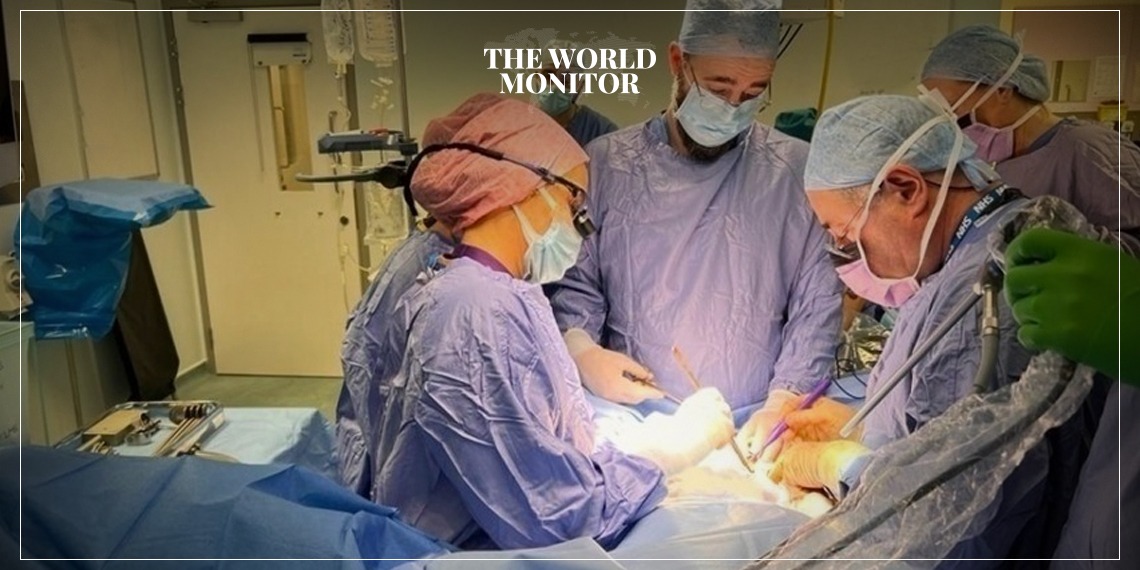The renowned Churchill Hospital in Oxford, United Kingdom, has achieved a significant milestone by successfully performing its first uterus transplant on a woman born without a womb.
This groundbreaking procedure is considered the “dawn of a new era” in reproductive medicine, as reported by TV2.
The operation was carried out on a 34-year-old woman, with the donor being her older sister who had previously given birth. The funding for this procedure came from the “Womb Transplant” charity, which raises funds for uterus transplantation research as an alternative option for infertility treatment.
Uterus transplantation involves a complex procedure where an experienced surgical team removes the uterus from the donor and transplants it into the recipient.
The process involves intricate surgeries lasting several hours, followed by a post-operative recovery period of several days in the hospital.
Both the donor and the recipient undergo thorough assessments prior to the transplant to ensure compatibility. Once the recipient has “used” the transplanted uterus, another surgical procedure is performed to remove it.
Potential beneficiaries of uterus transplantation are women who are unable to conceive due to medical reasons.
About one in every 5,000 women is born without a womb, and many other women of reproductive age have their uteruses removed due to reasons such as cancer, fibroids, prolapse, or extremely heavy menstrual bleeding.
This procedure is claimed to be medically safe for both the donor and the recipient. Data from over 50 years of other organ transplantation affirm the safety of required medications for both the mother and the fetus during organ transplant procedures.
However, uterus transplantation involves intricate surgery and a prolonged recovery period, according to studies published in the scientific journals “ScienceAlert” and “The Conversation.”
While consultation can help potential donors make informed decisions about these risks, it cannot eliminate all potential risks.
Reports of illicit organ markets raise concerns as uterus transplantation becomes more prevalent, potentially leading to the exploitation of vulnerable individuals for organ acquisition, including within the UK.






